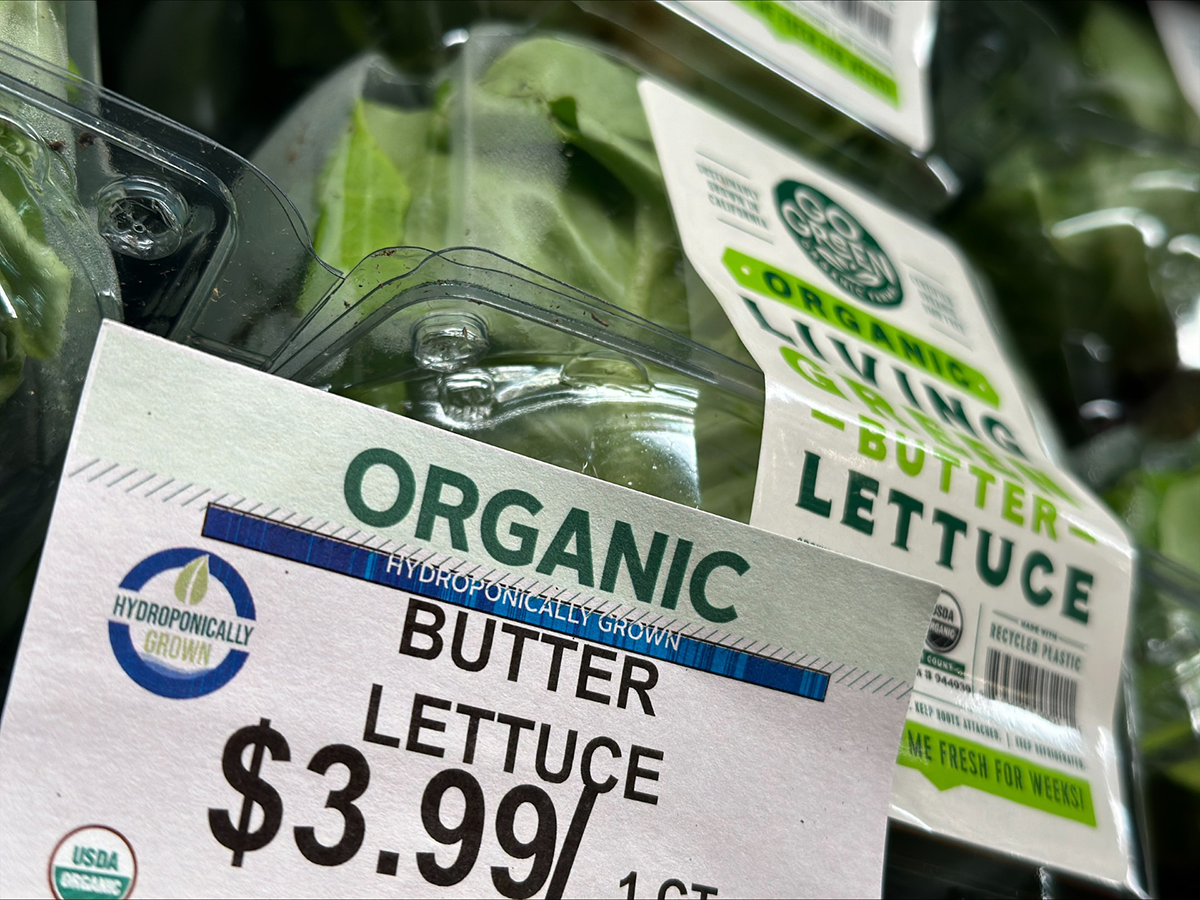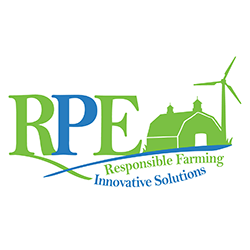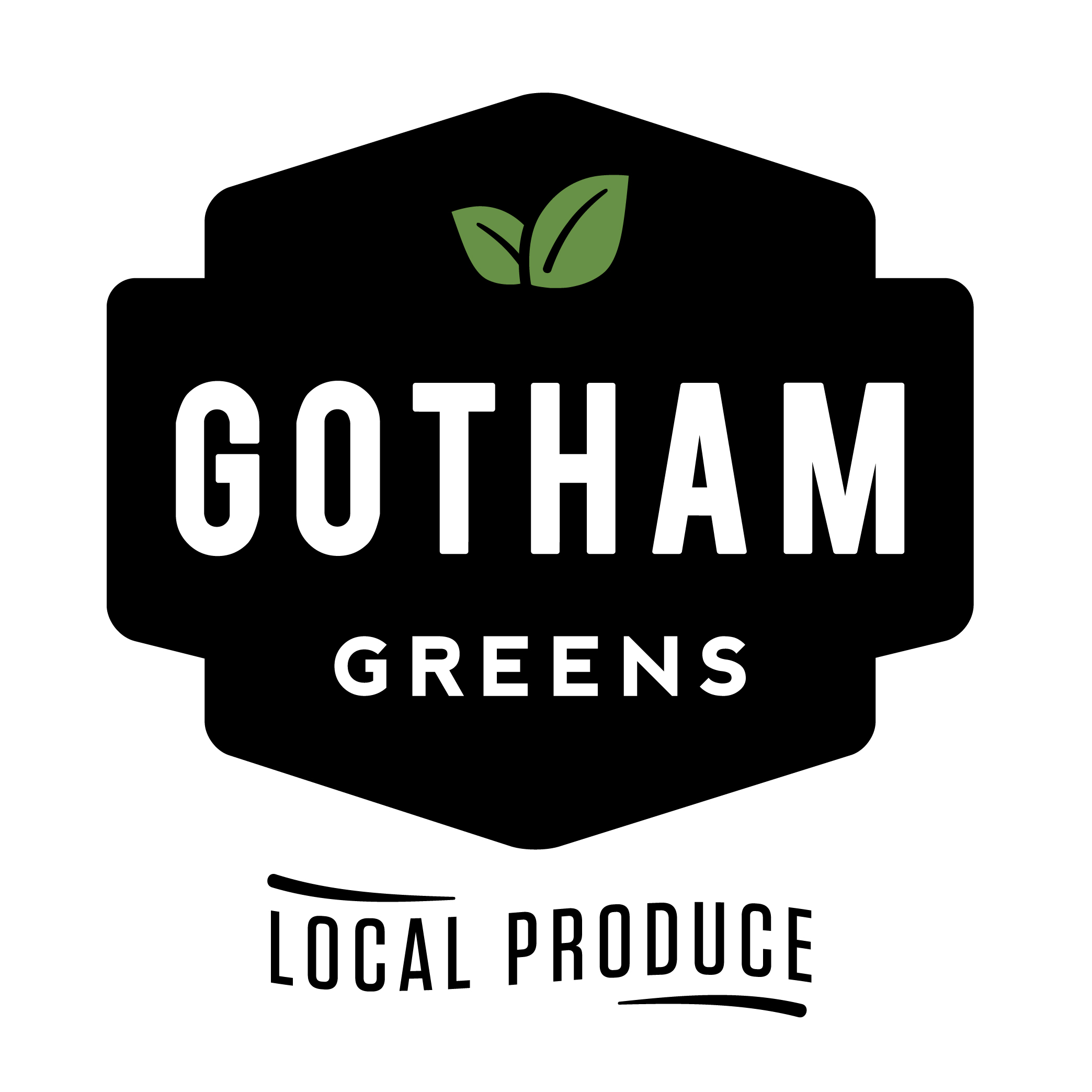Jimbo's has a system for ensuring as little of its produce as possible is sent to the landfill.
First, any fruits and vegetables beyond the point of selling are sent to the stores' delis or juice bars to be repurposed. Bananas always go here, meaning the juice bars never buy them. Secondly, it boxes up produce for employees to take home and use, and finally, it donates anything else to 15 partners "which helps us reduce food waste," said Stephanie Morris, who at that time worked for the four-store San Diego chain, serving as the sustainability coordinator.
Anything beyond use for any of those causes is available for customers to pick up to add to their compost piles or feed to their animals.
In the U.S., 92 billion pounds of food is wasted annually, according to Feeding America, which accounts for more than a third of the country's food supply. Food waste accounts for 8% of global carbon emissions, and it aggravates water shortages and contributes to food insecurity and high food costs.
Retailers, like Jimbo's, are stepping up to the plate. They're taking steps to cut food waste and be more sustainable and responsible companies overall.
Portland, Ore.-based New Seasons Market, which has more than 20 stores, says it pairs up with local gleaning partners and educates customers on proper storage techniques to extend the life of produce at home.
It's also added a new dry misting process in one store, which decreases water use and keeps fruit and vegetables fresh for longer, ultimately reducing food waste.
"We have set ambitious goals to drive our progress in sustainability, aiming for a 70% landfill diversion rate, reducing our waste to 3.93% of sales and decreasing food waste by 50% by 2030,” says Chris Harris, produce category director for New Seasons Market. “We are currently also exploring [artificial intelligence] to measure and reduce waste more effectively."
Scarborough, Maine-based Hannaford says it focuses on first preventing food waste through strategic product ordering and management at the store level. The company trains staff on how to responsibly handle food to avoid damage and exposure to temperature variations. It also donates food, including to farmers for animal feed and food-to-energy conversion efforts.
Large grocery chains are making a difference, too, including the judicious use of technology.

Aldi says it uses smart ordering systems, markdown tools and other methods, along with donating food, to help reduce the company's food waste. (Photo courtesy of Aldi)
Aldi says it uses smart ordering systems, innovative pricing and markdown tools. Together with donating food, the company is aiming to reduce stores' food waste by 50% by the end of 2030.
The Kroger Co. says it is using its supply chain to find more efficient ways to move produce so it stays fresher, longer. And at the store level, as fresh food nears its use-by date, its systems, including automated markdown technology, prompt associates to reduce prices for faster sale.
Walmart says it has strengthened its forecasting and ordering tools to improve inventory flow, adjusted store fixtures to increase product turnover, enhanced distribution centers, and offers discounts on food nearing its expiration date. It's also developing tools to measure food waste. Last year, the U.S. Walmart stores and clubs sold more than 78 million food units through food discount programs, the company says.
Walmart also sends some unusable food to anaerobic digestion plants, which use bacteria to break down and transform food waste and convert biosolids into biogas that can be used as fuel and fertilizer.
Sustainable packaging
Jimbo's has used BioBags for several years, which are compostable at home "which aligns with our 100% organic produce department," Morris says. This move alone has removed 12,000 pounds of plastic from the stores, the company says.
But the future will involve reusable bags for Jimbo's, Morris says. To encourage customers to purchase them, Jimbo's displays reusable bags and runs social media blasts on them. In fact, it's capitalizing on the fact that some people don't like the BioBags, so stores talk about the alternatives that are mesh, washable and inexpensive. This is the best way to engage with customers, Morris says.
To keep packaging to a minimum, New Seasons Market stores are offering more bulk items and promoting reusable bags, which they sell.
And the stores are a collection point for No. 1 PET plastics, which are not recyclable in the Portland area. The stores work with a local company to repurpose them into plastic flake, which is used to create new packaging for stores' produce and grab-and-go departments, "exemplifying a circular recycling system that minimizes waste and supports sustainability," Harris says.
Through signage in the produce department, Hannaford reminds customers that not every item needs a bag. Stores also sell reusable bags, and the company partners with suppliers to test new packaging that reduces the use of materials while maintaining quality and freshness.
More than 75% of Aldi-exclusive packaging is reusable, recyclable or compostable, says Bill Duesenberg, the company's director of national buying for produce. And, he adds, "when it comes to our produce, we introduced top-seal punnet packaging for our tomatoes, blueberries, salads and grapes, which cuts down plastic use by 20%."

Jimbo's says terms that resonate with customers include hydroponic, local, natural, non-GMO, organic and regenerative agriculture. (Photo courtesy of Jimbo's)
Buzzwords
Key terms for Jimbo's customers are local, natural, non-GMO, organic, hydroponic and, most recently, regenerative agriculture, though there are questions about what some of these terms mean.
"We try to label things and to be as transparent as we can," Morris says.
The produce department highlights everything produced in San Diego county.
"We talk about how some produce was picked that morning, which is hard to beat," she says. The stores also call out hydropic and regenerative agriculture products, and they have a program called SOIL, which commits to regenerative agriculture products and highlights them.
New Seasons Market's customers lean into organic farming practices because they benefit soil health and biodiversity, reduce chemical use and improve water conservation, Harris says, adding that customers "also tend to value local produce for its smaller carbon footprint and support for local economies.”
Local farmers are so important that New Seasons Market says it prioritizes them.
"Our commitment encompasses not only sourcing from community farmers, but also ensuring the agricultural techniques they employ align with our sustainable ethos," Harris says.
This includes produce cultivated using no- or reduced-till farming, which leaves the soil intact, maintains carbon sequestration and protects the soil microbiome. Many of the farms the company works with also employ cover crops to prevent erosion, enhance soil structure, promote biodiversity and reduce the need for chemical fertilizers.
For Hannaford customers, climate change is becoming an increasing factor in decision-making in the produce department, especially among younger generations, says Mike Emery, director of produce category, pricing and merchandising. They're interested in produce from controlled agriculture environments, which reduce water consumption and food miles, such as greenhouse-grown tomatoes.
Emery says he also expects regenerative agriculture practices to gain a higher profile, which will entail more consumer education.

To emphasize the importance of local produce, Hannaford says it works with local farmers and identifies their products with in-store signage, in print and digital flyers, and on social media. (Photo courtesy of Hannaford)
Local produce is also important, and Hannaford says it works with more than 125 local farmers and identifies their products with in-store signage, in print and digital flyers, and on social media.
And Hannaford says it reimburses local growers for the cost of required annual food safety certifications and continuously seeks opportunities to increase its local sourcing, including for private-brand items.
Aldi's suppliers continuously work to improve their sustainable farming practices through pesticide and water-reduction efforts, including drip irrigation to water retention ponds, Duesenberg says.
Better sourcing
Walmart says it is making commitments in its sourcing and has increased produce that comes from sustainable sources. For example, the number of sustainable pineapples carried in its stores jumped from 89% in 2021 to 97% in 2023, according to the company.
The Bentonville, Ark.-based retailer says it is also encouraging row crop suppliers to develop fertilizer optimization plans and has increased the number of acres involved in more sustainable management practices for row crops, including soil and nutrient management, pest management, water management, land management and priority area protection, from more than 1.5 million acres in 2021 to more than 3.4 million acres in 2023.
Walmart also aims "to build a regenerative agriculture system by supporting context-specific practices that restore and replenish the soils," it says on its website.

Walmart says it is making commitments in its sourcing and has increased produce that comes from sustainable sources. (Photo courtesy of Walmart)
Sustaining partnerships
New Seasons Market is a member of the Oregon Organic Coalition, and it partners with Organically Grown Co. The latter's efforts in influencing organic trade policy "complement our goals of promoting environmentally responsible farming and operations," Harris says.
In its own operations, New Seasons Market prioritizes the reduction of its waste footprint, taking a comprehensive approach involving reduction, reuse, recycling and composting.
Hannaford says it partners with Agri-Cycle, a food waste recycling company, to turn unsellable food into energy. And the stores work with The Ratio Institute's Sustainable Food Retail Certification, which audits stores for environmentally preferred practices, reviews water use, energy use and stormwater runoff to minimize environmental impact.
Walmart works with Conservation International to assess how it can create a positive impact by reducing and reversing nature loss. Based on this, the company says it has prioritized 13 commodities and now aims to protect, more sustainably manage or restore at least 50 million acres of land and 1 million square miles of ocean by 2030.
As a signatory of the U.S. Food Waste Pact, Aldi says it works with ReFED and the World Wildlife Fund, which help the retailer track and reduce food waste, including produce.
Kroger works with Divert Inc., which has de-packaging technology; that means the retailer does not have to remove food from packaging in stores, which makes it easier to recycle food waste and decrease what's sent to the landfill. And last year the retailer says it became a member of Field to Market to learn more about responsible land use and advocate for more sustainable agricultural production methods.
Being sustainable requires a holistic approach to produce departments — and retailers can effectively make small, but meaningful, changes.



















